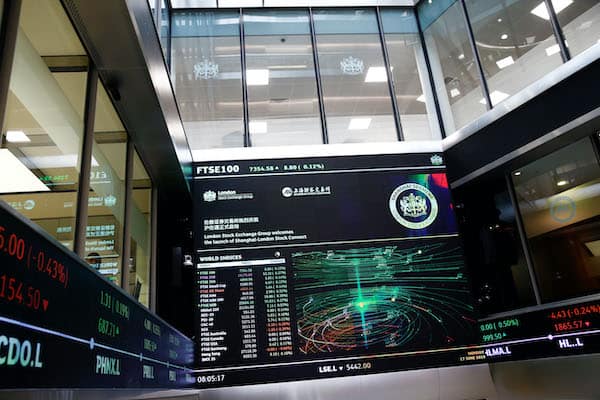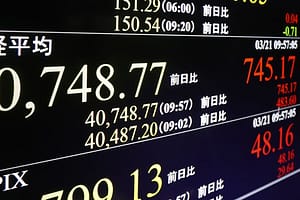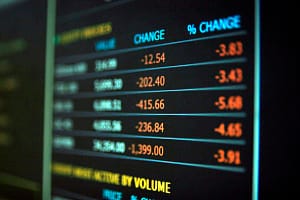The London Stock Exchange Group (LSEG) is on track to be the first major exchange to develop an end-to-end blockchain ecosystem as the company innovates to reclaim market share.
Last week, CEO Julia Hoggett drew attention to the work necessary to ensure that the LSEG remains a globally relevant exchange in 300 years’ time. To achieve this, Hoggett believes in ‘injecting’ enough dynamism to serve the UK economy and promote the UK as a global financial centre. Long-term thinking and ambition that’s worthy of celebration.
Blockchain in financial institutions is not new. Banks like JP Morgan have integrated blockchain after developing ‘Quorum’ for fast and secure interbank transactions. Meanwhile, HSBC uses blockchain to streamline trade finance. As usual, the appeal of distributed ledger technology lies in its enhanced transparency and immutability compared to centralised databases.
LSEG’s proposed creation of an end-to-end system that utilises blockchain is likely to make it the first of the world’s major exchanges to harness this new technology. And this move has not been taken lightly, with the LSEG dedicating more than a year to researching and investigating the potential impact.
The group has explicitly said that it will ‘not be building anything around crypto assets’. Instead, the current focus is using blockchain technology to improve existing operations of buying, selling, and holding traditional assets. In short, using the underlying technology pioneered by the crypto community to digitalise and improve its traditional asset exchange.
Transforming the traditional exchange experience
So, what is blockchain technology – and how could it improve systems that have been working for decades? The blockchain is a decentralised digital ledger that can record and verify transactions across multiple computers. Transactions recorded on the blockchain are transparent, secure, and immutable.
As anyone that has held crypto-currencies in a digital wallet and moved them around by sending them between wallets will know, the experience is inherently digital. It’s fast, secure and something a participant can manage themselves.
Murray Roos, head of UK capital markets at the LSEG, described the ideal implementation of blockchain to: “enable participants in all jurisdictions to be able to interact with people in other jurisdictions completely abiding by rules, laws and regulations, potentially multiple jurisdictions simultaneously, which is something that hasn’t been possible in an analogue world”.
So in short, it seems like LSEG views blockchain as a means of simplifying the trading of traditional securities. It’s true that today’s cross-border transactions can be incredibly slow, inefficient, and costly— mainly due to multiple intermediaries and legacy processes. However, it is possible for blockchain to minimise these friction points. In theory, smart contracts — self-executing modules on the blockchain — could resolve this. They operate according to if/when…then… functions. In this context, the ‘if’ could refer to a regulatory standard, which when met, would trigger the ‘then’ command to release funds, for example.
The LSEG’s determination to modernise and re-evaluate existing systems is an exciting development that I will be monitoring with interest in the coming months. Those of us that have been developing with blockchain for many years understand its potential to improve the marketplace infrastructure we have today. It’s always been a question of when the technology would be adopted. To me, this feels like a watershed moment.






Leave a Comment